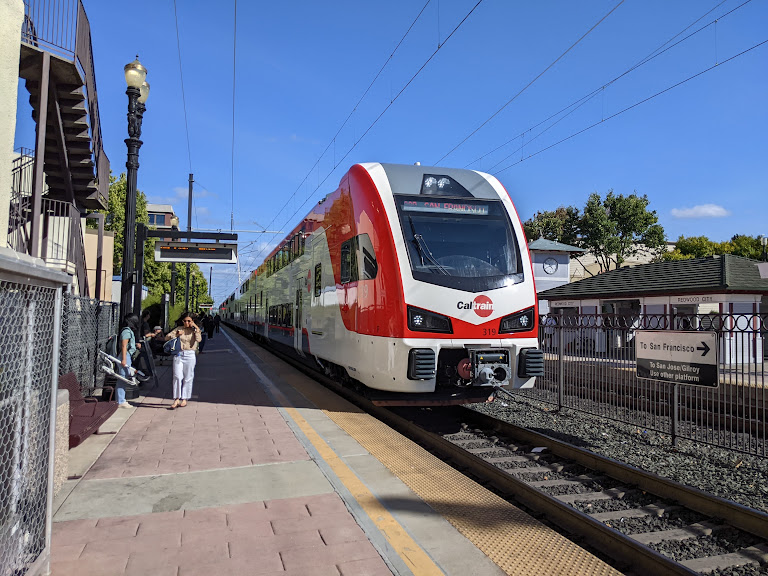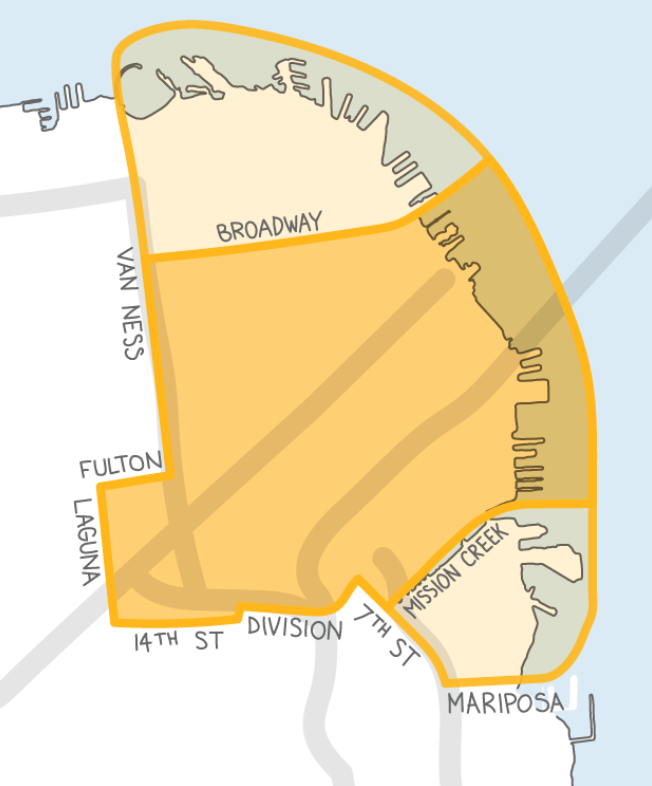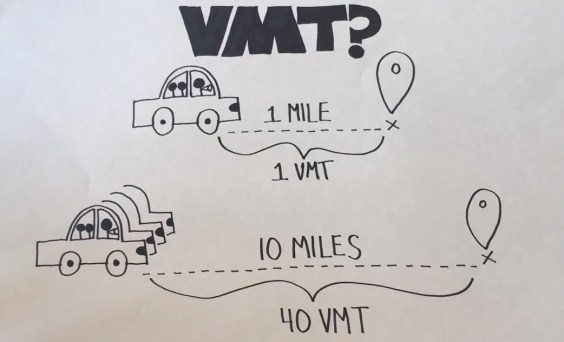Is increased highway spending a tradeoff that transit advocates must accept in exchange for higher levels of investment in rail and buses? This question has been ricocheting around the Streetsblog Network the past few days.
In one corner is Cap'n Transit, who argues that increased transit investment is meaningless unless it outpaces the growth of highway spending and helps move cars off the roads. In the other corner, Yonah Freemark at The Transport Politic argues that political realities dictate that transit spending increases will be part of an across-the-board boost in infrastructure spending.
Here's how Cap'n Transit makes his case:
If you support transit because you care about global warming, or asthma, or carnage, or the social effects of sprawl, or conserving energy -- even if you care about equal access to jobs, services, housing and shopping -- more transit is not always better. I've talked about this before, and people haven't really picked up on it. Maybe because I'm not being clear enough, or maybe because they think I'm being a nut. Still, let me try to be as clear as I can.
For pollution, efficiency, carnage, obesity and social issues, what matters is the mode share. Mode share is dependent on relative capital investment, not absolute spending. The government can build all the transit we want and it won't boost mode share, if it builds more roads than transit.
Freemark says that we'll need to change the way we fund transportation before it's politically tenable to expand transit without expanding highways:
The American transport funding mechanism is rooted in the user fee, a product of a certain logic that assumes that people should pay for what they use. The reliance on the user fee is a reasonable explanation for why it is politically necessary to devote the majority of fuel tax revenue to roads resources rather than transit. From an economics perspective, transit may be construed as simply another part of the greater transport system, so there is not necessarily a contradiction between the user fee and the transit subsidy. But in a country where the vast majority of people drive to fulfill the majority of their transport needs, it would be politically untenable to suggest that most roads money be transferred to transit users.
A right-headed long-term approach would require that either we pull the national government out of the transport financing game altogether, or that we pull away from the direct connection between highway user fee collections and spending. Only after that change has been made can we really focus on altering the manner in which we distribute our limited transportation dollars.
What's your take? Is it counterproductive for transportation reformers to get behind efforts to broadly boost infrastructure spending, given current political realities? Or is it possible right now to increase transportation investment while being more selective about the projects that merit support?
Elsewhere on the Network today: Transport Michigan reports that the most recent election cycle was a bonanza of support for transit, with five out of five transit levies in the western half of the state winning approval. So why is one legislator trying to strip $20 million in transit funding from the state budget? Meanwhile, not to be outdone by Portland, Milwaukee is showing off its first on-street bike parking corral, reports Urban Milwaukee. And Burning the Midnight Oil ponders the benefits of a "steel interstate" system for the US.






